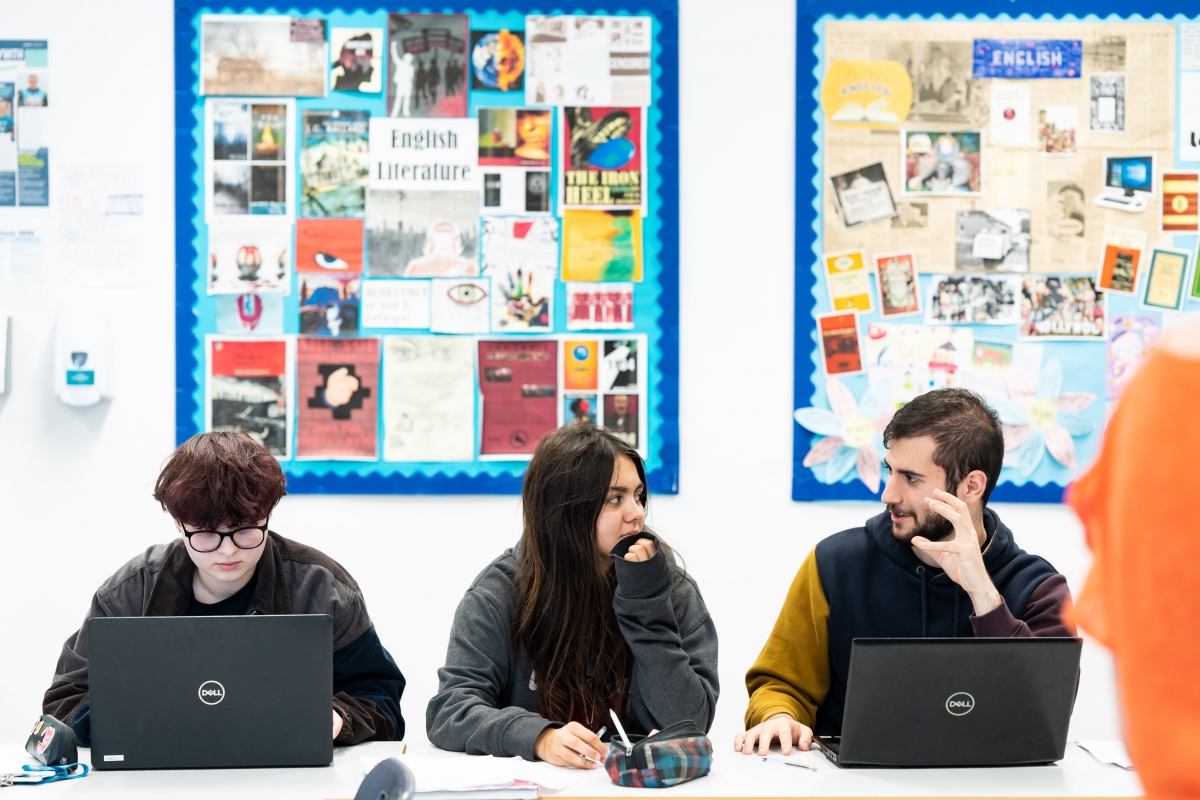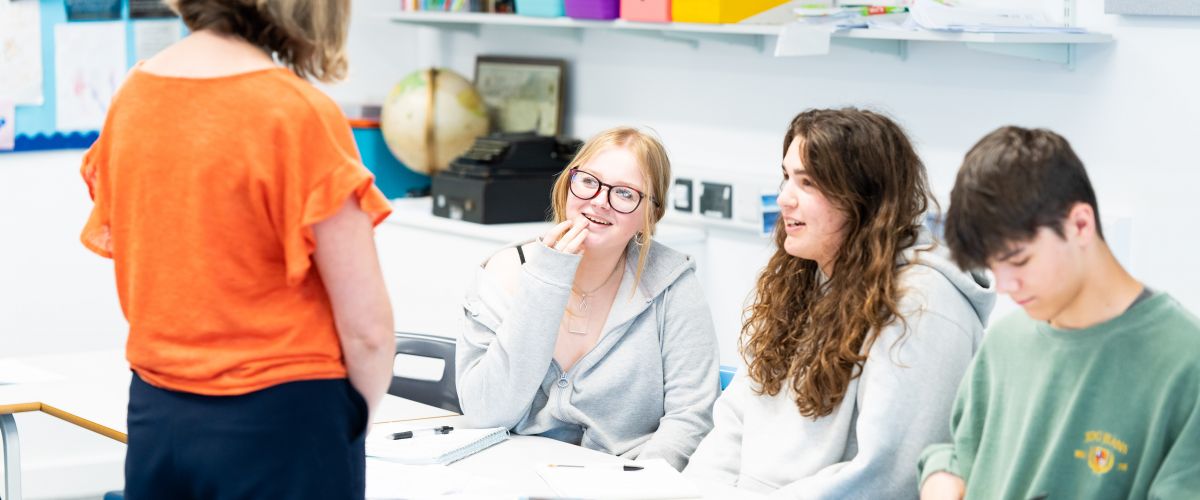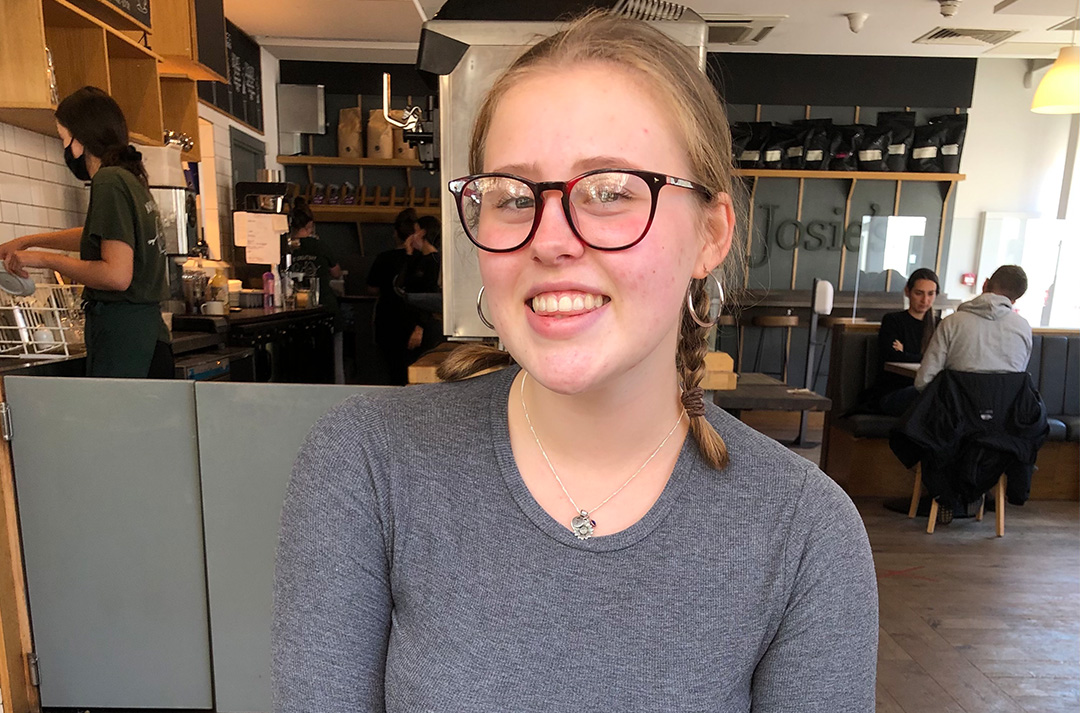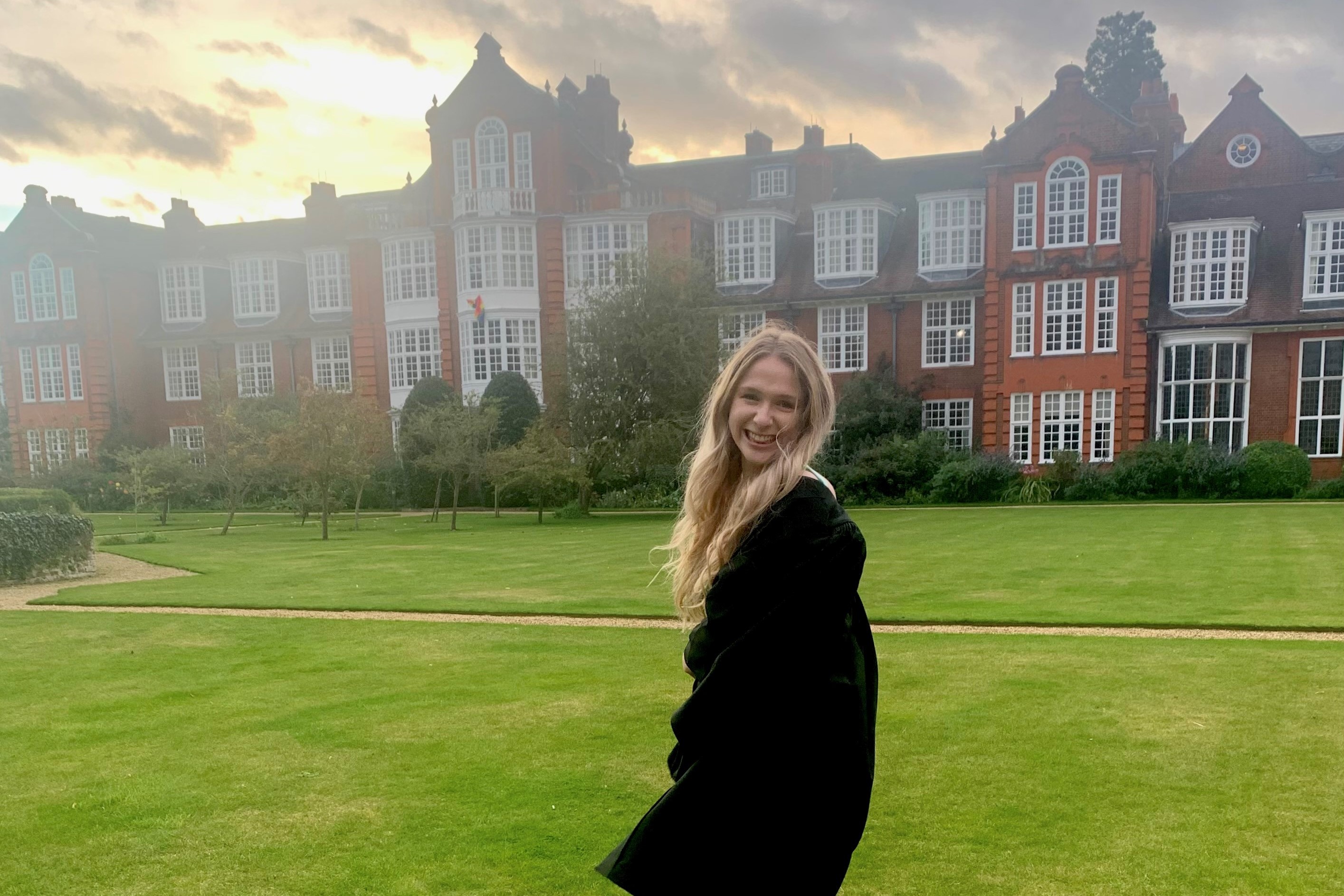A Level English Literature
If you enjoy reading and analysing literary texts, then this is the course for you.
Key information
English & Languages / Full Time / A Levels and Equivalent

Why choose this course?
You will study a range of challenging and stimulating works from a variety of periods from 1610 to 2010. The course offers opportunities for comparisons between texts and genres and considers works of literature in their historical and cultural contexts. You will learn the skills of close textual analysis and literary criticism.
What will I learn?
Year 1
Drama and prose post-1900
In Year 1 you will be introduced to dystopian fiction. A dystopia is a nightmarish society, and writers use this genre to comment on and criticise the society in which they write. You will study George Orwell’s Nineteen Eighty-Four, a terrifying vision of the future where everyone is controlled by an oppressive government. You will also study Tennessee Williams’ 1940s play’ A Streetcar Named Desire’; set in New Orleans.
Shakespeare and poetry pree-1900
You will also analyse the 19th century poems of Christina Rossetti, including her most famous poem ‘Goblin Market’ (initially published as a fairy tale) and Shakespeare’s last solo play, ‘The Tempest’, which combines magic and innovative theatrical spectacle with political commentary on Renaissance society.
Year 2
Drama and Poetry pre-1900 (examined unit – 2 hours 30 min: worth 40% of the A Level grade)
Section A: You will continue with your exploration of Shakespeare’s play: ‘The Tempest’ (studied in Year 1) and will closely analyse a given extract and then answer one question based on the play as a whole.
Section B: This is a comparative study of poetry and drama: Selected Poems, Christina Rossetti (studied in Year 1) and A Doll’s House, Henrik Ibsen which is a 19th century play with an ending so controversial Ibsen had to rewrite it in order to have it performed in Germany!
Comparative and Contextual Study (examined unit – 2 hours 30 min) worth 40% of the A Level grade)
Section A: You will analyse an unseen extract from dystopian fiction and comment on how the dystopian world is presented, referring back to your wider reading of other dystopian texts.
Section B: A comparative study of Nineteen Eighty Four, George Orwell (already studied in Year 1) and ‘The Handmaid’s Tale’, Margaret Atwood, a feminist dystopia which shares many themes with Orwell such as power and identity.
Content of Literature post 1900 (coursework) – 20% of the A Level grade
Assignment A: close reading of an extract from a text (e.g. Streetcar) (1000 words) focusing on dramatic techniques and themes.
Assignment B: comparative essay on two texts, one poetry and one prose (2000 words).
You will have a large degree of independence in your choice of texts and tasks (with guidance from your teacher).
Assessment Arrangements
Your achievement in this subject is dependent upon excellent attendance and effort. You will learn in a friendly and safe atmosphere, using a variety of assessment methods:
You will be assessed on written essay work which will be completed either as homework or under timed conditions in class and you will be given constructive feedback on your progress;
Class discussions are a vital part of our assessment process and you will be encouraged to contribute;
You will undertake mock examinations on each unit in advance of your final exams;
You will be formally examined on each unit that you study. The examinations are traditional and essay-based, and are sat at the end of the second year, although mock exams will be administered at the end of the first year and throughout the second year to ensure progress. Coursework in the second year is compulsory.
Information & Support
We encourage all students to read widely beyond the course and we aim to foster independence. We will provide suggested reading lists, in particular for the unit on Dystopian Fiction. In the first term you will be provided with support on all aspects of your university application from course choice to personal statement writing; in the later terms you will be introduced to a range of texts and literary movements which go beyond the A Level curriculum, in order to prepare you for first year at university.
What will I need?
Five GCSEs at grade C or above including a grade 6 or above in English Language and a grade 6 or above in English Literature. Successful A Level students would normally have achieved a grade A or B in a number of relevant GCSE subjects. It clearly helps to enjoy reading and have an interest in grammar and a love of the written and spoken word. You also need to be highly motivated and capable of carrying out independent research and wider reading.
Where will it take me?
This A Level is highly valued by universities. It provides an excellent grounding for studying English or other courses such as Modern Languages, Law and Teaching/ Education.
Additional Information
Awarding Body:
OCR
To obtain more information about this course, please call: 01208 224000 or email enquiry@callywith.ac.uk



